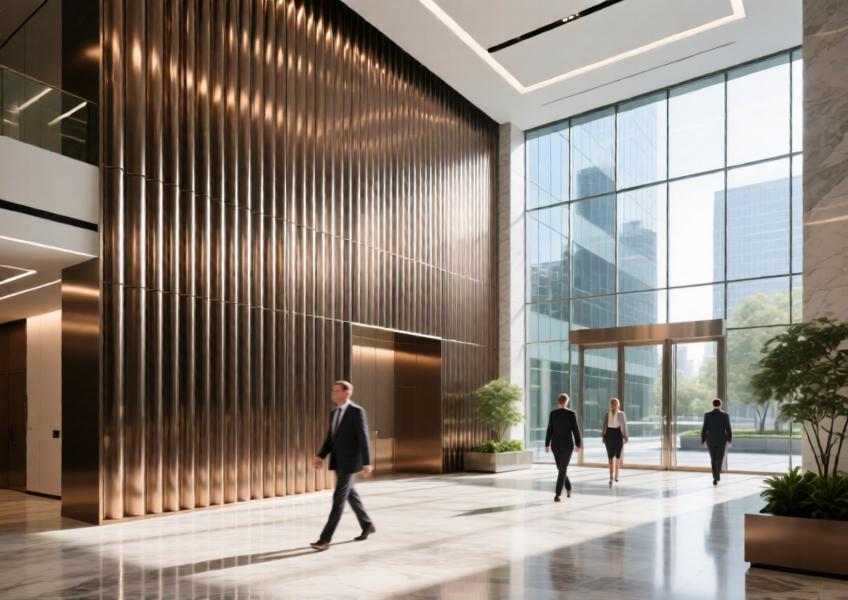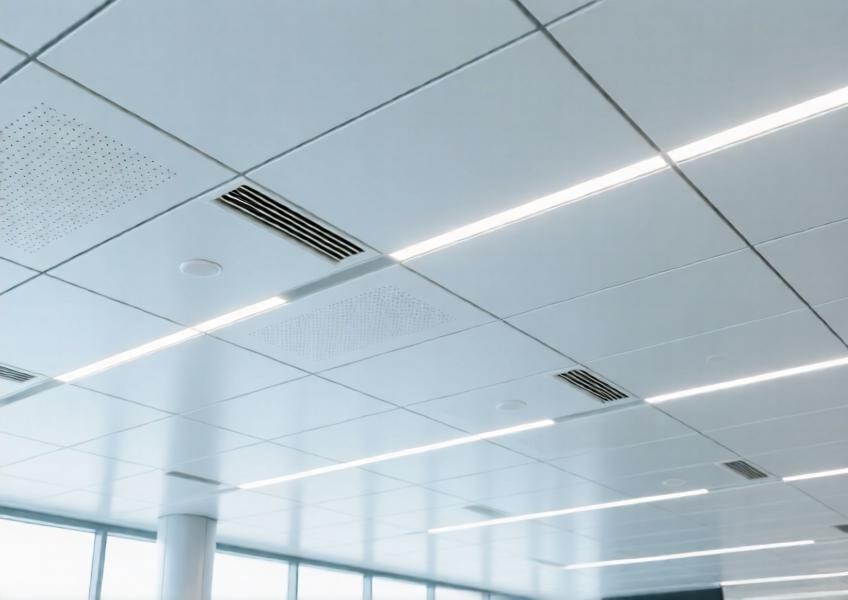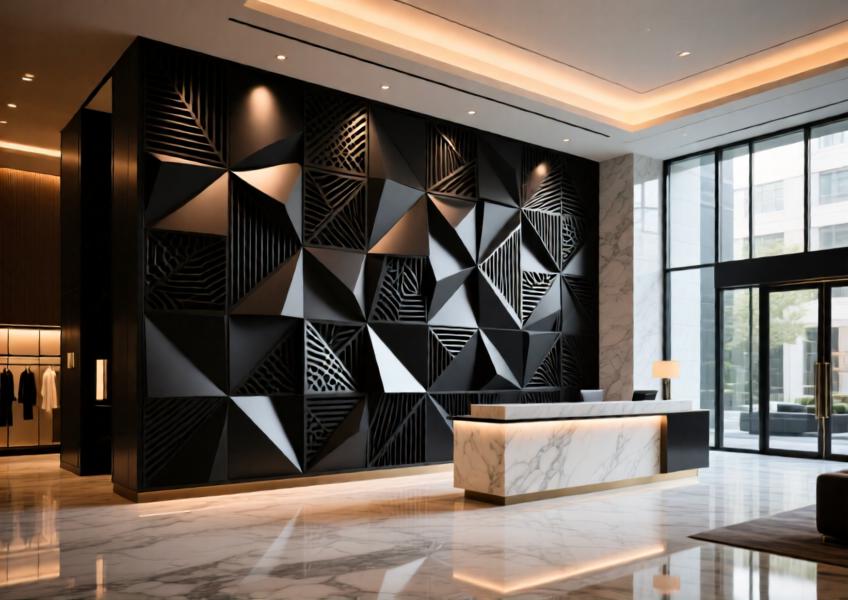

Decorative interior wall cladding has become a go-to solution for architects and interior designers aiming to elevate the aesthetics and functionality of modern spaces. Among the most versatile and durable materials used today are aluminum-based products, including aluminum curtain walls, aluminum ceilings, and a variety of aluminum decorative materials. These elements not only offer structural advantages but also bring a sleek, contemporary finish to both commercial and residential interiors.
Aluminum curtain walls are particularly favored in urban architecture for their lightweight and robust properties. They allow for expansive glass facades that flood interiors with natural light while maintaining thermal efficiency. Beyond their functional appeal, these systems can be customized with metallic finishes, perforations, or patterns, transforming blank walls into dynamic visual features. In high-end retail spaces and corporate lobbies, decorative interior wall cladding using aluminum panels adds a touch of sophistication without compromising on durability or ease of maintenance.

Aluminum ceilings, often overlooked, play a crucial role in interior design. Whether in airports, hotels, or office buildings, these ceilings contribute to acoustic comfort while offering a seamless, minimalist look. Modern designs incorporate integrated lighting, ventilation, and even smart sensors, blending functionality with visual elegance. The use of brushed, anodized, or powder-coated aluminum ensures that these surfaces remain resistant to corrosion, fading, and wear—ideal for high-traffic environments.

Aluminum decorative materials extend beyond walls and ceilings to include wall paneling, column covers, and feature walls. These components are often used to create focal points in restaurants, showrooms, and public spaces. Thanks to advancements in digital printing and laser cutting, aluminum can now mimic the look of wood, stone, or fabric, offering endless creative possibilities. For instance, a recent boutique hotel project in Shanghai used custom-cut aluminum panels to create a dramatic, three-dimensional wall installation that became the centerpiece of its lobby.

Incorporating decorative interior wall cladding into interior design not only enhances visual appeal but also meets modern demands for sustainability and adaptability. Aluminum is 100% recyclable and requires minimal maintenance, making it an environmentally responsible choice. As design trends continue to evolve, aluminum remains a timeless material that adapts effortlessly to new aesthetics and technological advancements, proving that form and function can coexist beautifully.